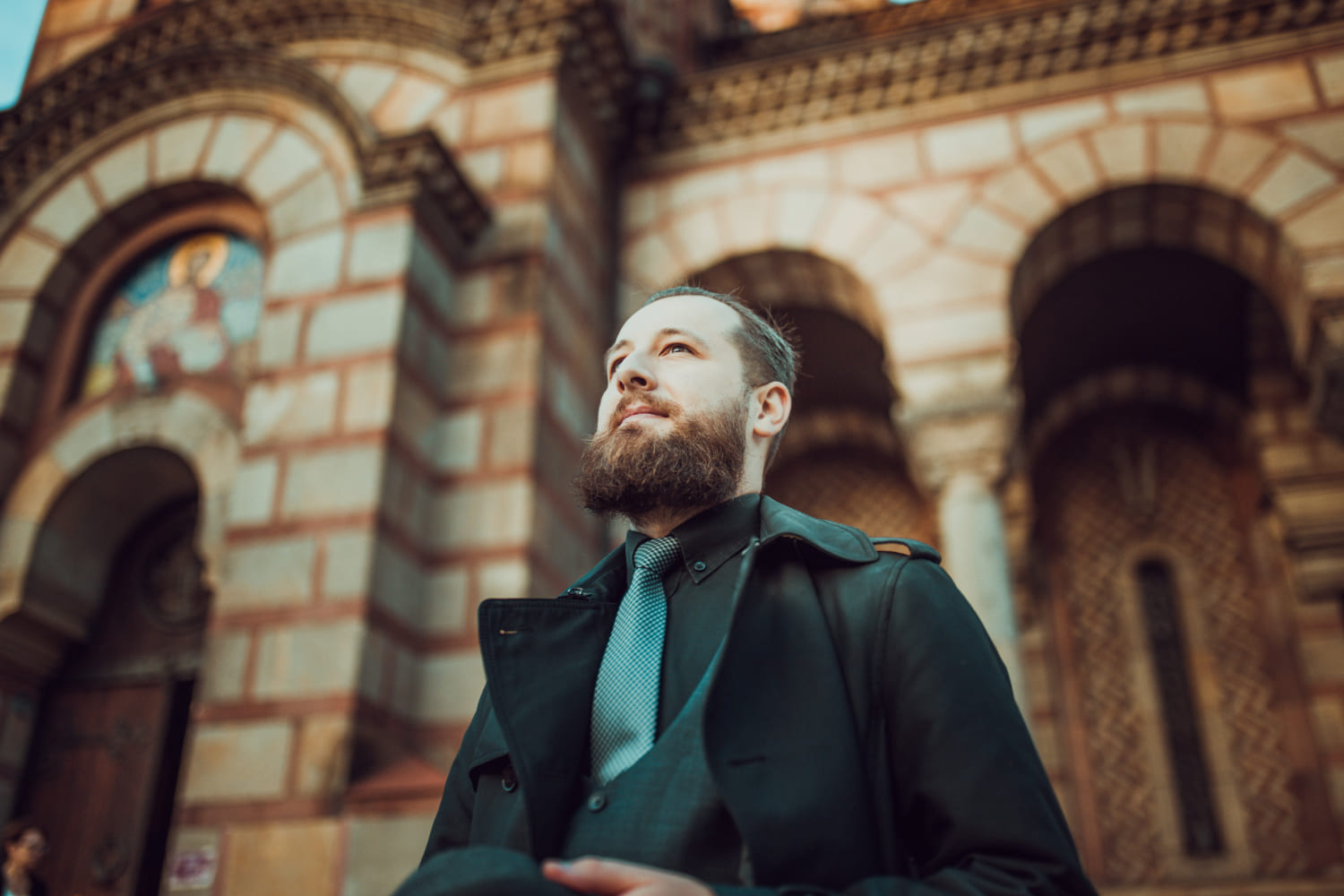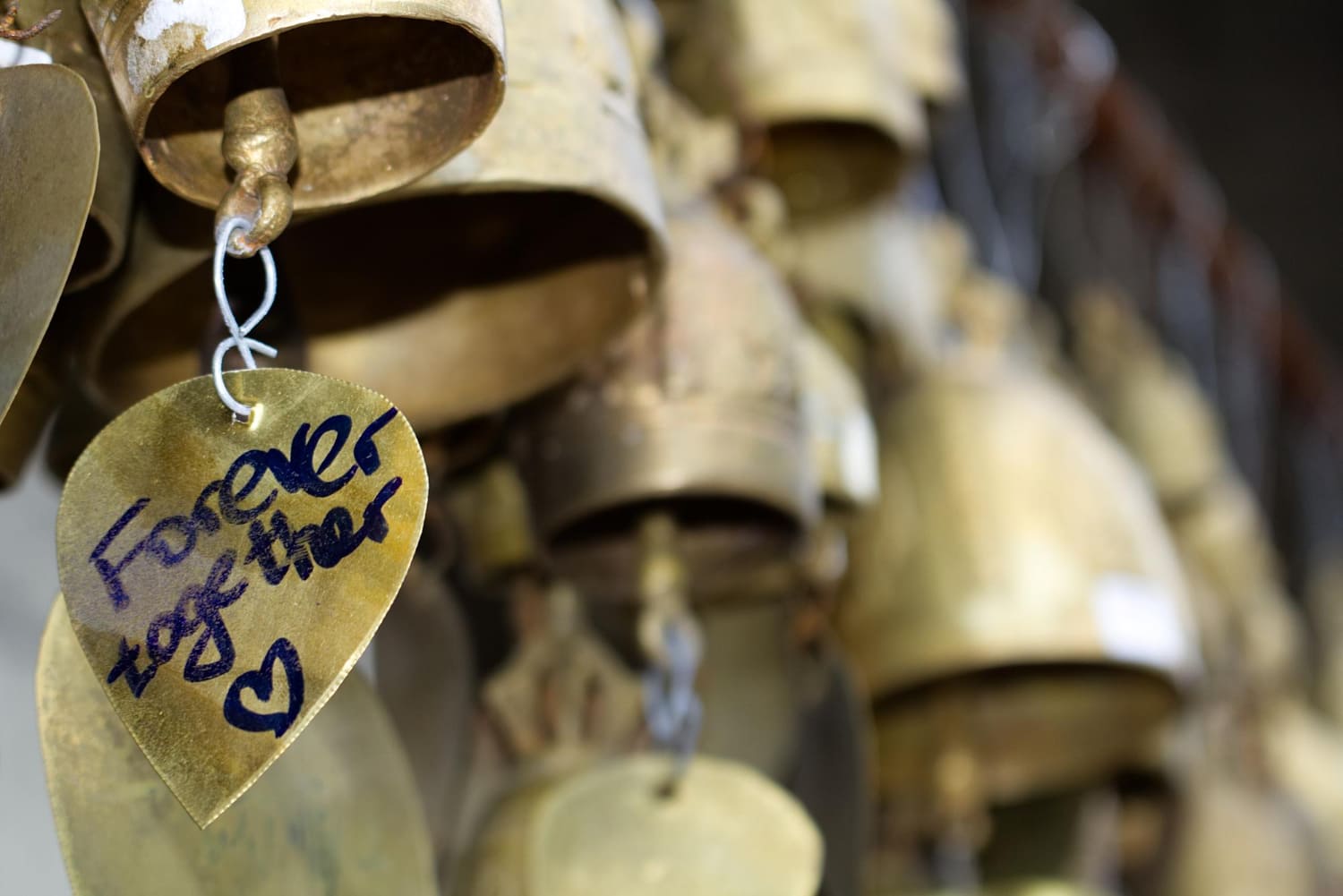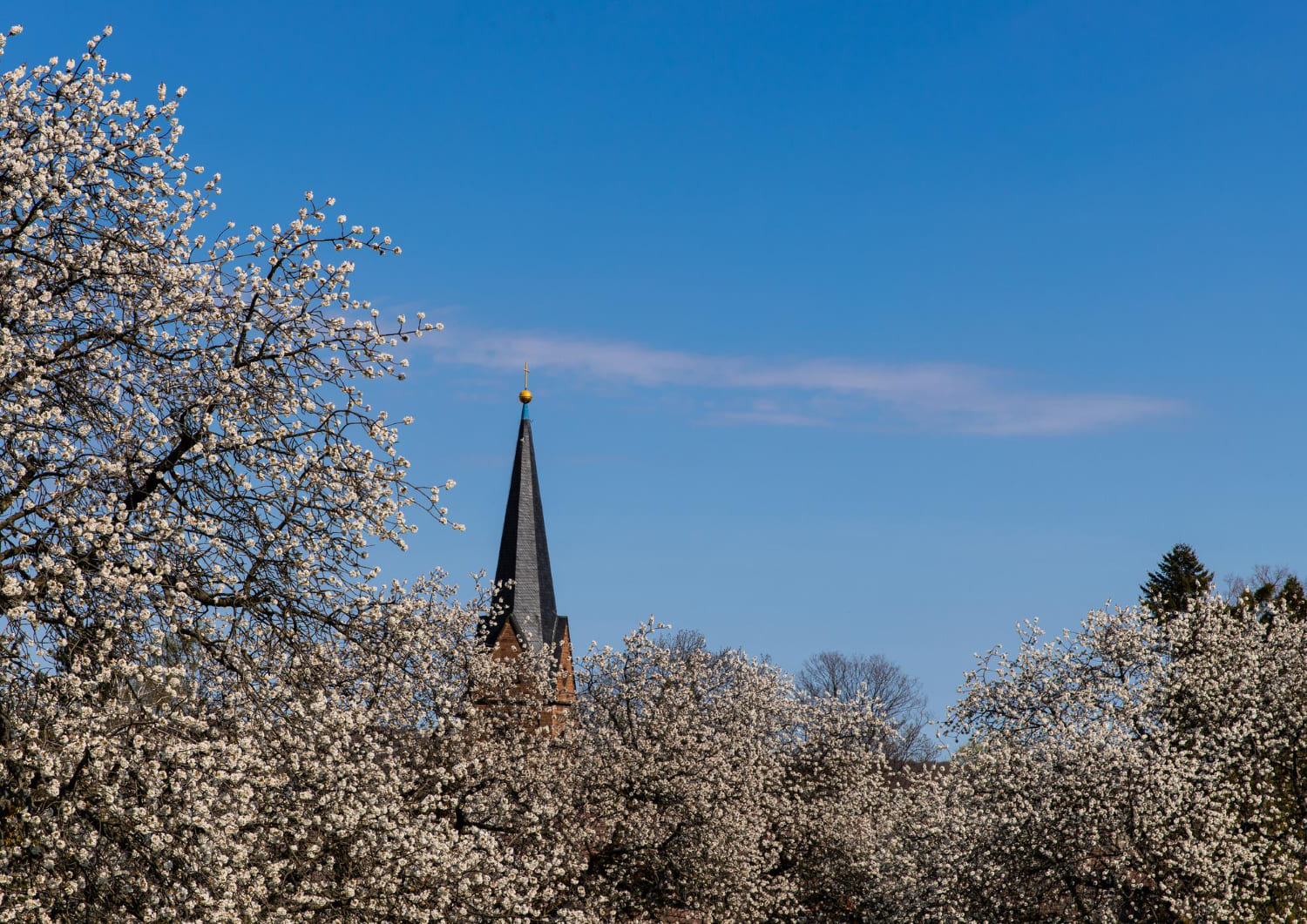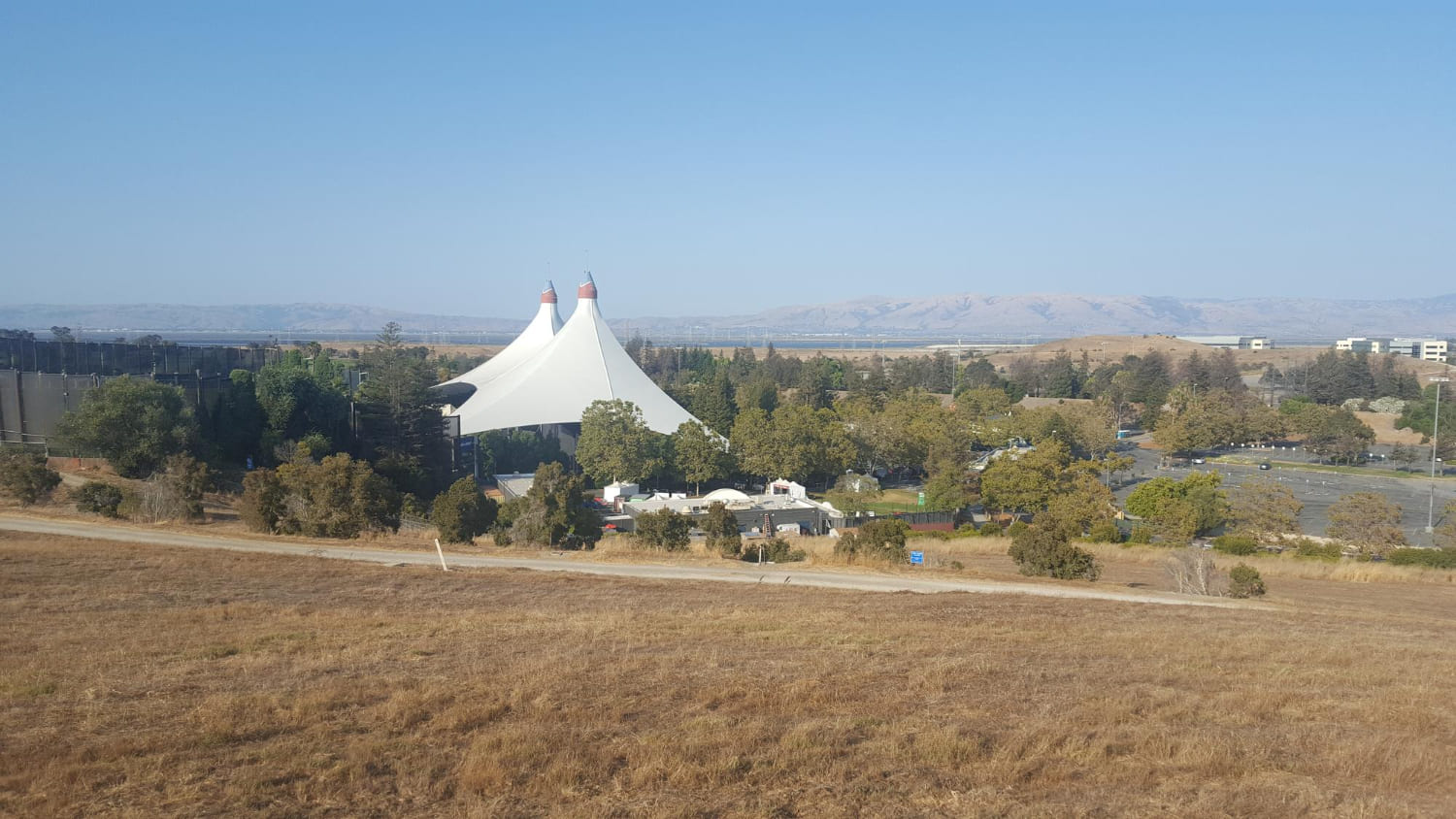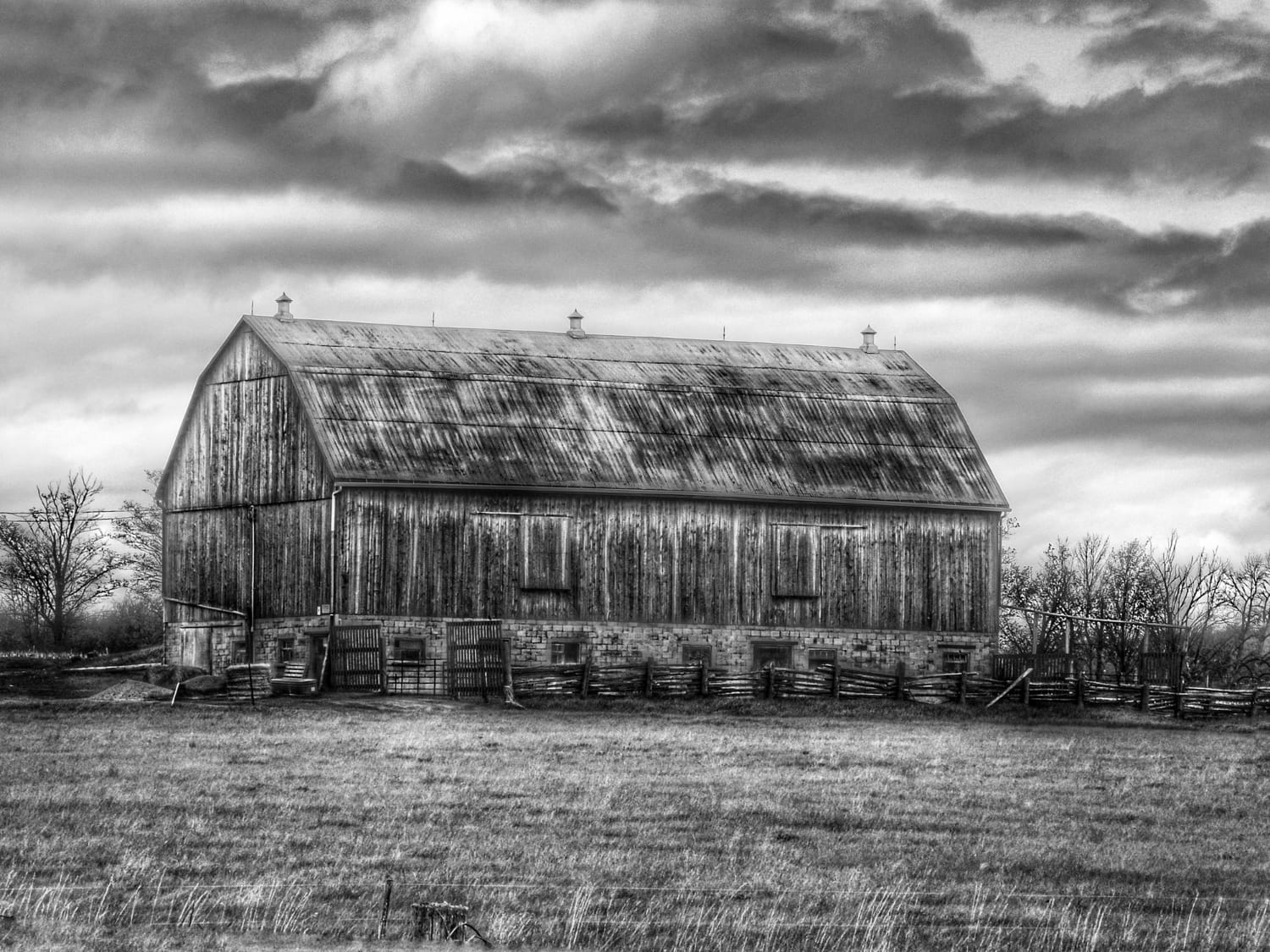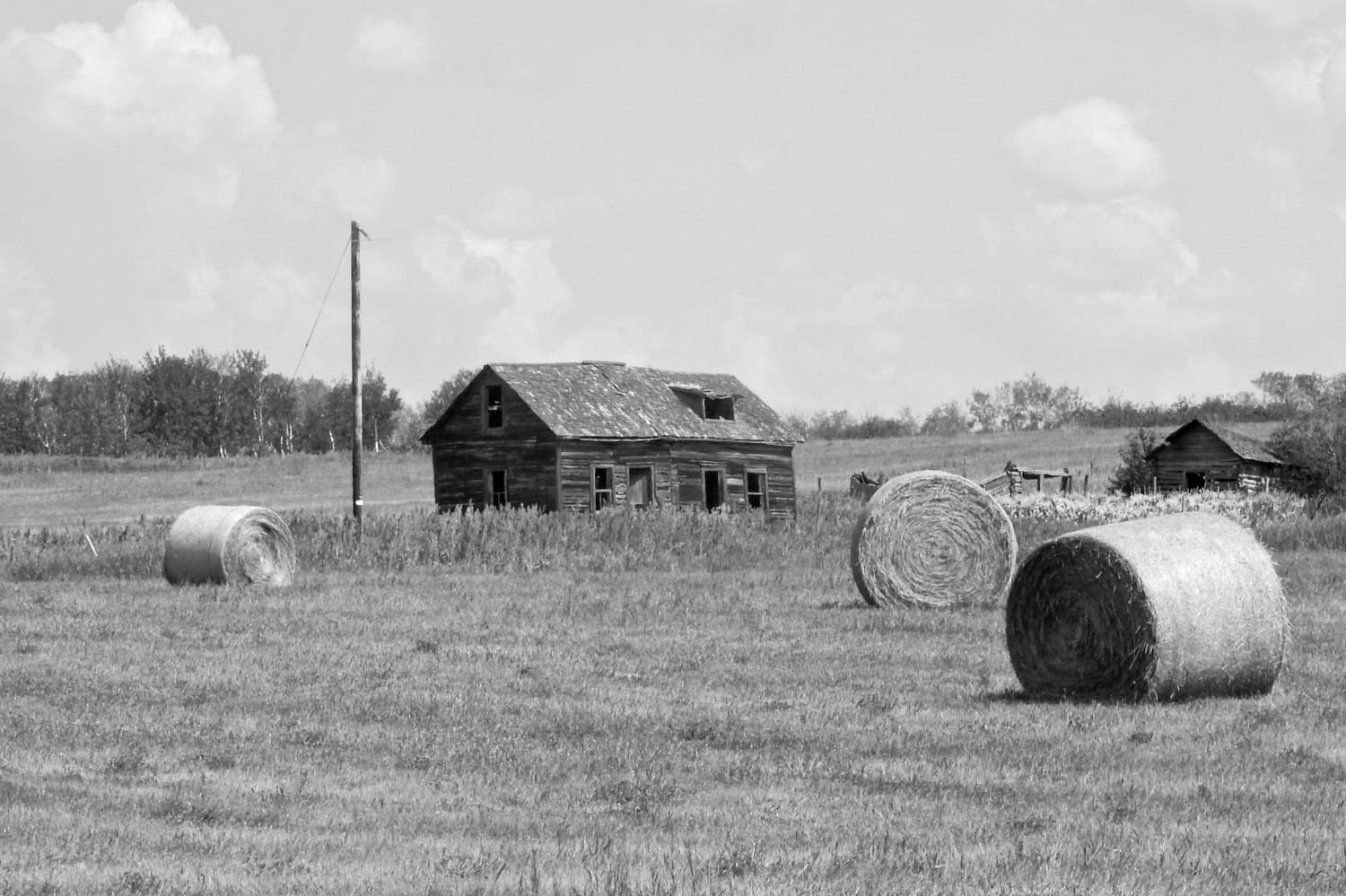When a person is trying to make choices surrounding their funeral and burial proceedings, they often look to their faith, should they practice one, to make decisions.
Mormons, for instance, have some specific beliefs about death and what happens afterwards.
So do Mormons believe in cremation, or do they have rules that prohibit it?
Cremation is not considered proper practice in Mormonism, and as such, is highly advised against Mormons from planning their funeral arrangements. It’s not prohibited in such an extreme way, but one might have a very hard time convincing their Mormon or LDS church that cremation is the right decision.
Should a Mormon happen to have a Mormon parishioner cremated, they can still be given a Mormon funeral.
Are Mormons Allowed To Cremate?
Mormons don’t believe in the cremation process because of the way it views what occurs after death.
Since cremation will destroy a person’s physical form, their body isn’t prepared immediately for resurrection when the time comes.
It also makes it impossible for an open-casket funeral, which is commonplace in the Mormon church.
It is not considered a sin for someone to be cremated, and the Mormon church also respects that sometimes cremation is not a choice.
If a Mormon happens to be cremated, they won’t be excluded from any traditional Mormon funeral processions.
The church can always be consulted about planning funeral arrangements, and ultimately, they will respect a family’s decision.
It is likely that a church elder would try to help the family find an alternative solution.
Why Does The LDS Church Discourage Cremation?
The LDS and Mormon church does not believe that death is final. It’s important for Mormons to celebrate a person who has passed for their walk in faith.
The church believes that life is much more than what we experience physically on earth, and so a physical body should be kept intact.
The discouragement of cremation also speaks to the ways in which Mormons view the purpose of a physical human body.
It is meant to house the soul and is meant to be treated with reverence and respect.
In life, Mormons conduct themselves in such a way that they avoid bringing preventable harm to their own bodies, which inspires many of their dietary restrictions among other things.
Mormons believe that Jesus will come back to earth, and earth will become a paradise for God and his faithful followers. Cremation is discouraged in order to save the body for the resurrection.
That said, if a person is cremated or their body is not kept intact for any reason through burial, they won’t be excluded from the resurrection if they were a faithful Mormon.
What Do Mormons Believe When Someone Dies?
Mormons do not view death in a negative or scary light. The thought is that when a person passes away, their soul and their physical body on earth part ways.
Their soul then comes before God, who will review what a person has done throughout their life. They will then face judgment to determine where their soul will reside.
During the resurrection, it’s believed that a person’s soul and body will come together once again and they will be united with God in a paradise on earth.
What Are Mormon Funeral Traditions?
When a Mormon person passes away, a loved one will work alongside their church to plan the funeral according to Mormon practices. If a person chooses to be embalmed, that is allowed.
People who have been endowed into the church will be buried in specific white clothing. As mentioned, Mormons prefer open-casket funerals as well.
Funerals are often led by a Mormon bishop, and will either be held at the burial site or inside a church.
The ceremony itself is not very unique to other religious funeral ceremonies, as they will read scripture and sing.
Sometimes loved ones will speak at the ceremony, and family members will usually hold a small gathering afterward.
Final Thoughts
Mormons don’t forbid cremation, but they don’t encourage it as it goes against the viewpoints of the church surrounding death.
While Mormons mourn the passing of a loved one, they also don’t believe that they are saying their final farewell.
As such, a permanent act such as cremation is highly discouraged.
